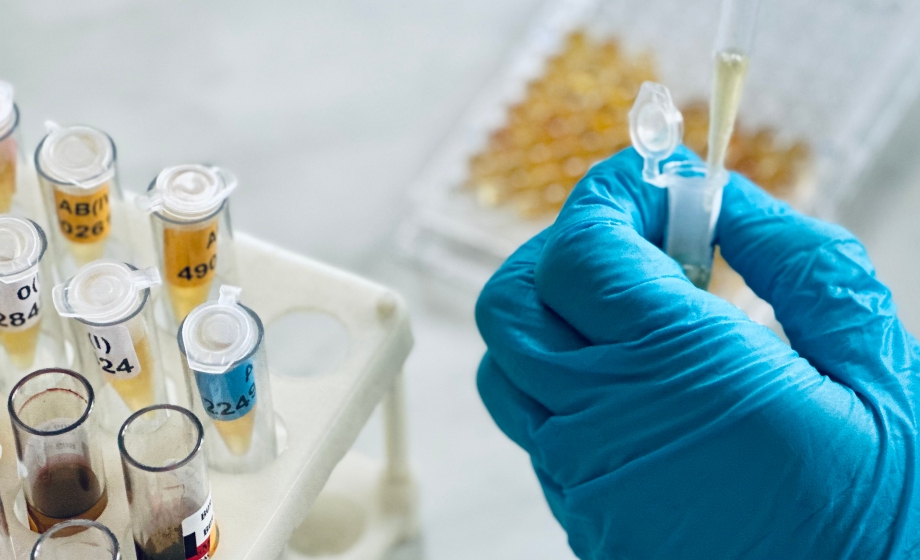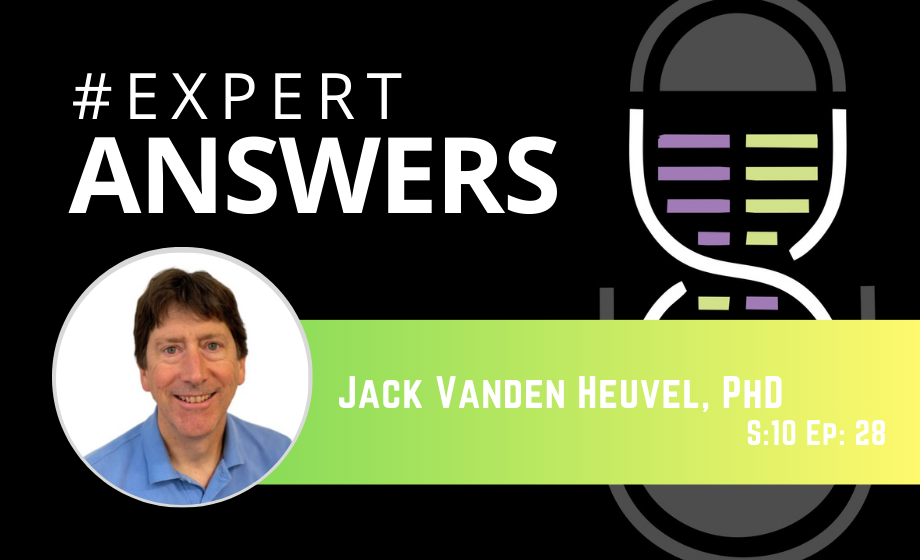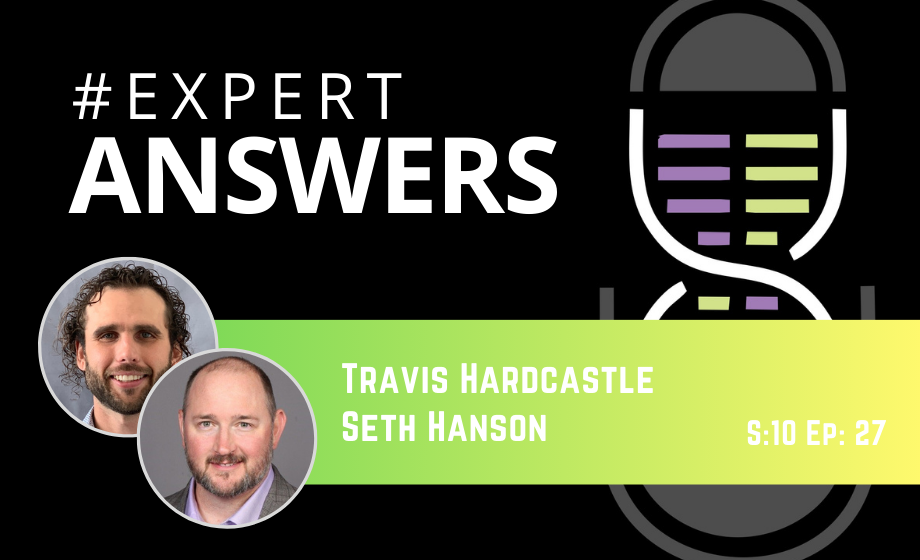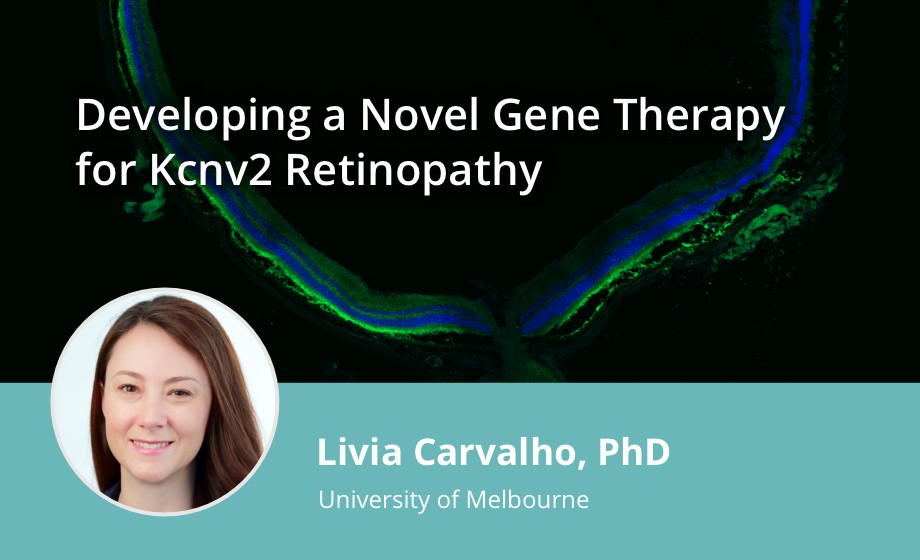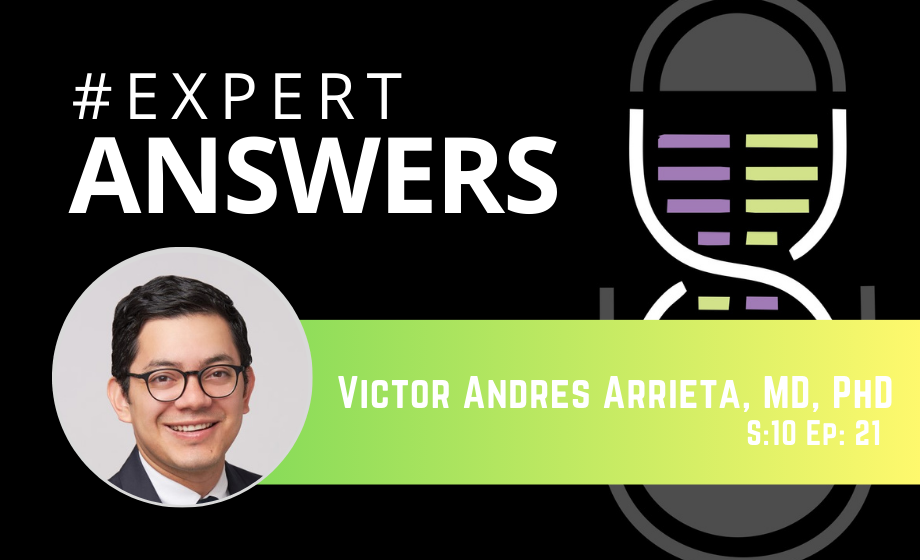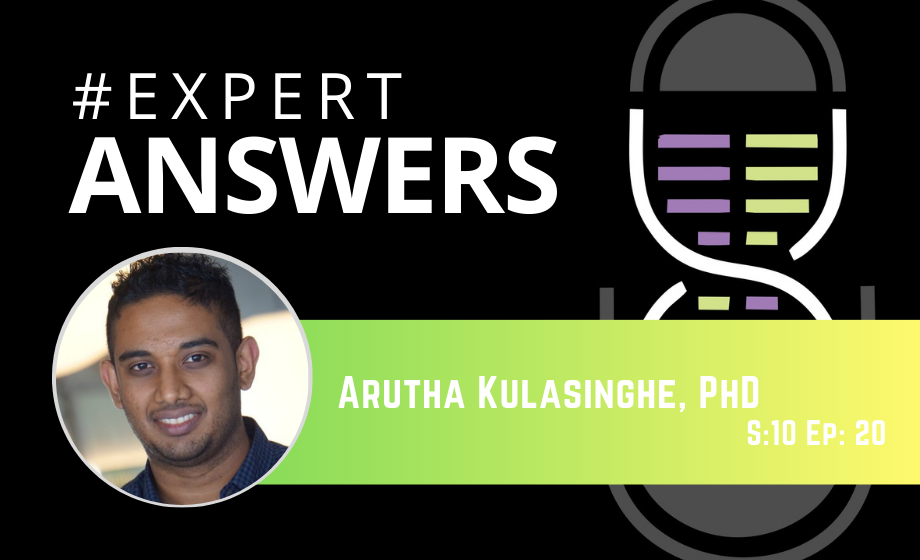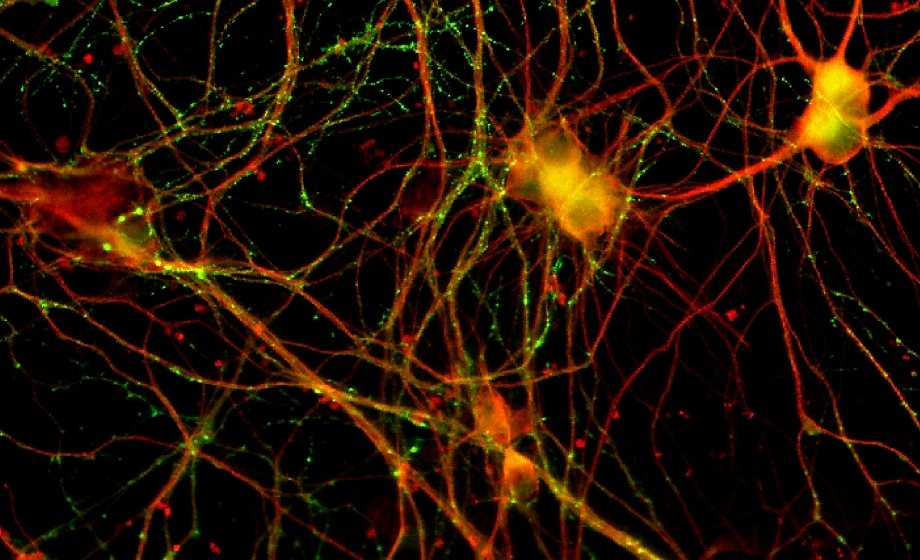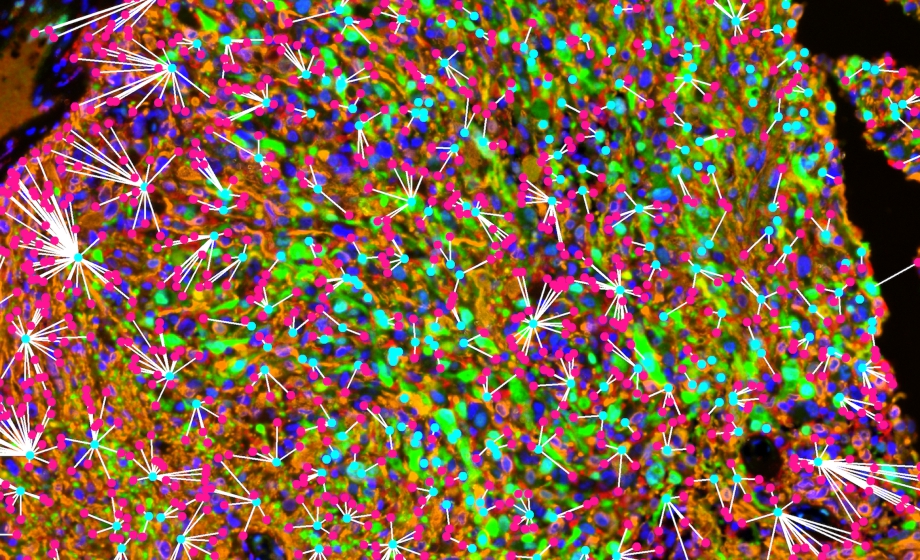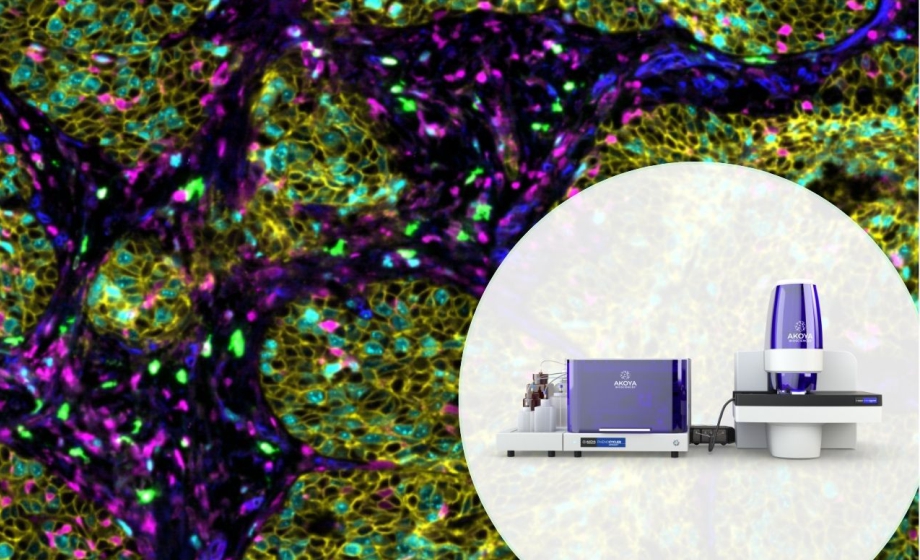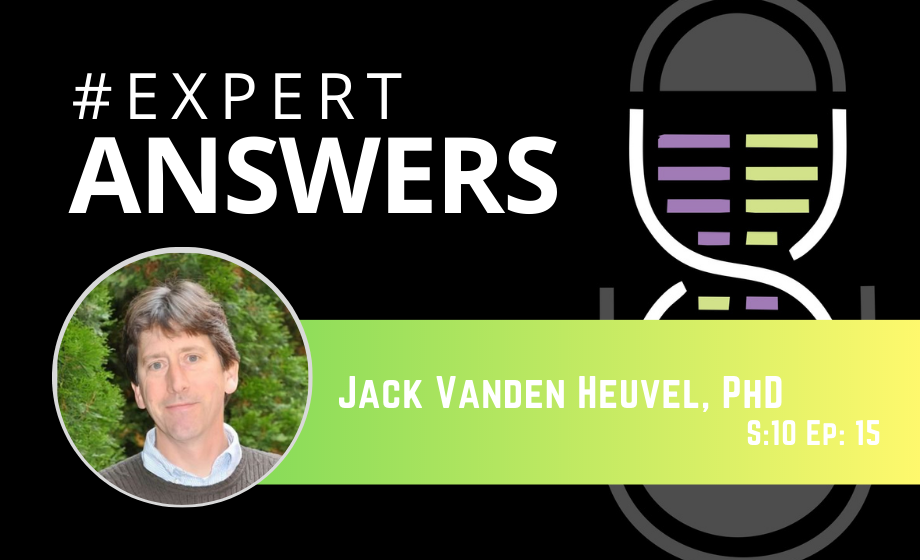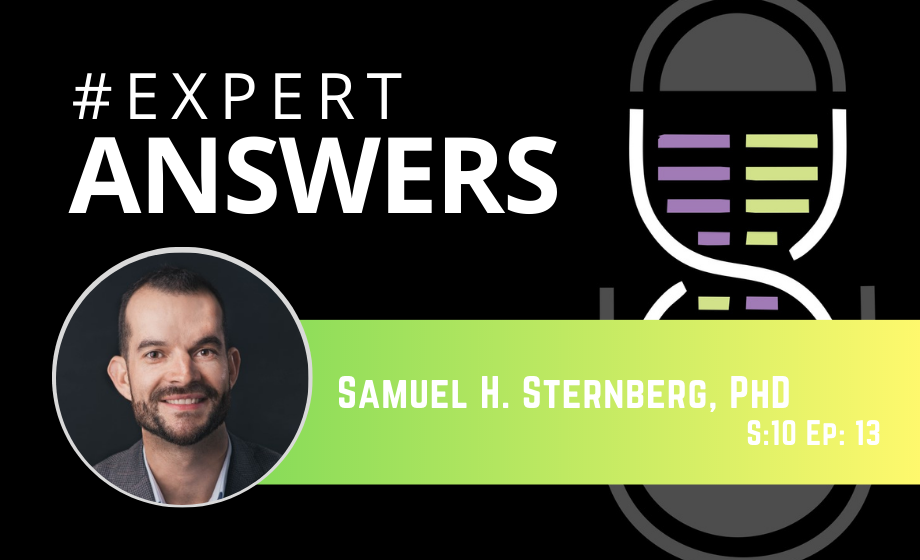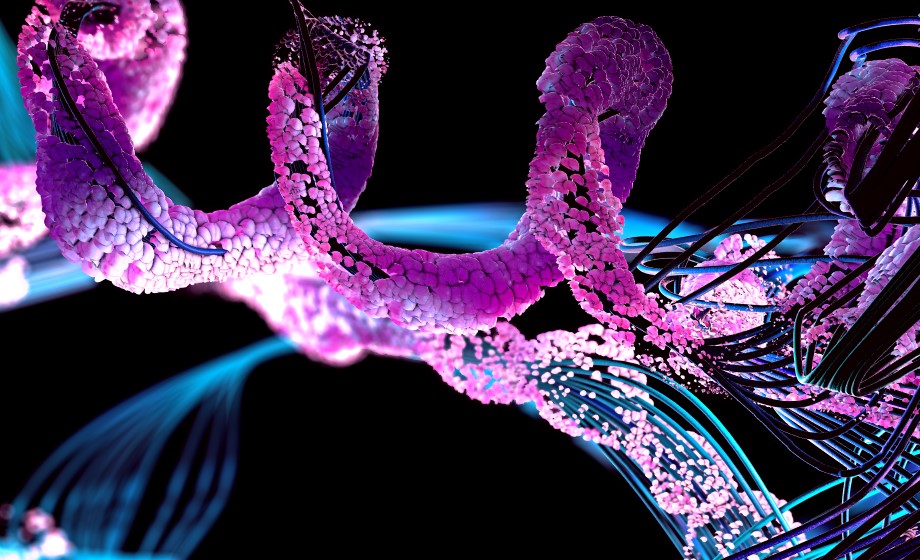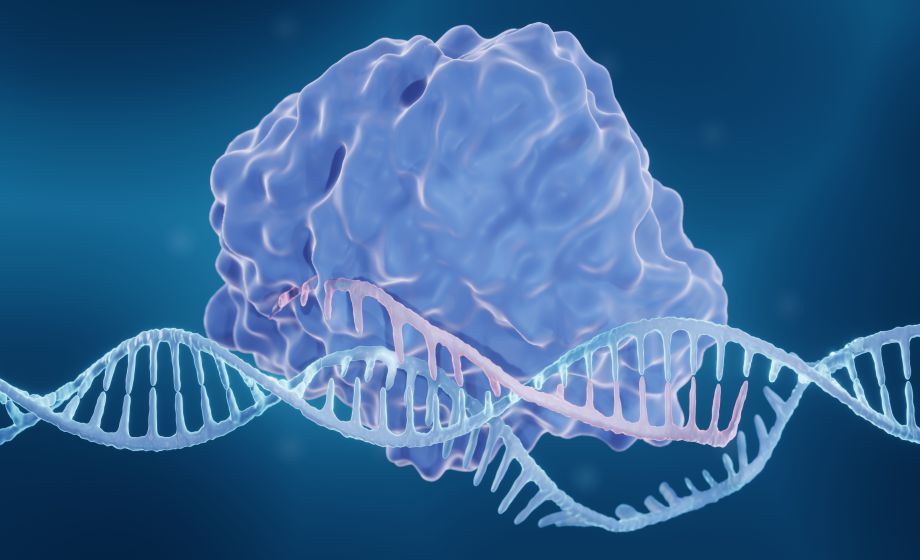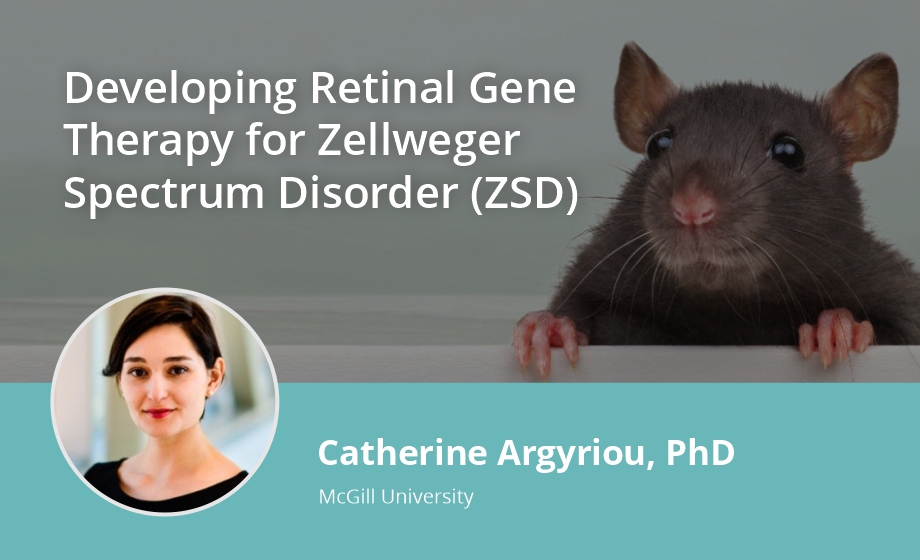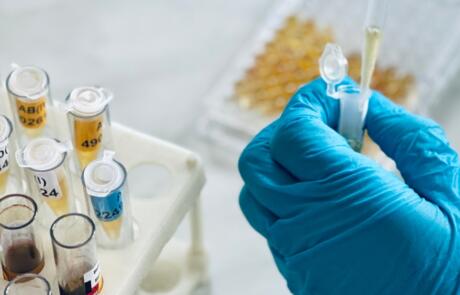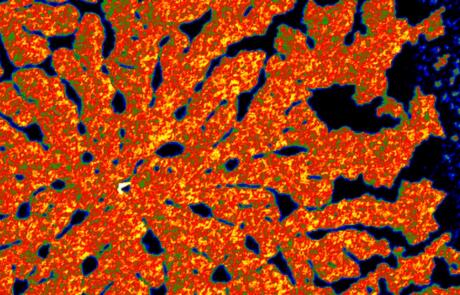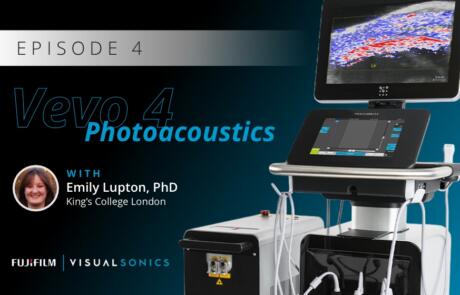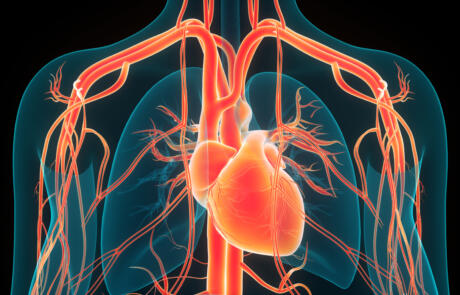Translational T Cell Talks: Scaling for the Future
Join STEMCELL's Translational T Cell Talks on June 11, 2024 for a half-day event featuring presentations on CAR T cell research, new protocols, educational content, and special promotions.
Circulating Nucleosome Quantification (Nu.Q®) Technology for Monitoring Target Engagement and Adverse Events in Oncology Trials
Join us for a comprehensive webinar featuring experts in epigenetics and assay development, focusing on the scientific foundations and applications of Nucleosome Quantification (Nu.Q®) Technology in the realms of drug development and disease monitoring.
#ExpertAnswers: Jack Vanden Heuvel on Prediction Drug-Drug Interactions Early
Dr. Jack Vanden Heuvel from Penn State University and INDIGO Biosciences answers questions from a recent webinar where he discusses [...]
#ExpertAnswers: Travis Hardcastle and Seth Hanson on Using CRISPR and iPSCs for Neuroscience Research
Travis Hardcastle and Seth Hanson answer questions from a webinar where they discuss innovative applications of CRISPR and iPSCs in disease modeling and drug discovery.
Developing a Novel Gene Therapy for Kcnv2 Retinopathy
Livia Carvalho, PhD discusses her team's successful development of a novel AAV-based gene therapy approach for KCNV2 retinopathy in a Kv8.2 knockout mouse model.
How to Better Predict Potential Drug Interactions Early in the Discovery Process
Dr. Jack Vanden Heuvel answers questions about the prediction of drug-drug interactions using in vitro assays and gene expression studies.
#ExpertAnswers: Victor Arrieta on Anti-PD-1 Immunotherapy for Recurrent Glioblastoma
Dr. Víctor Andrés Arrieta explores how p-ERK activation links to better survival in rGBM patients treated with anti-PD-1 immunotherapy.
#ExpertAnswers: Arutha Kulasinghe on Single-Cell Spatial Phenotyping for Biomarker Discovery
Dr. Arutha Kulasinghe discusses application of single-cell spatial phenotyping for characterizing the tumor microenvironment.
Overcome the Multiple Challenges of Neutralizing Antibodies in Cancer Therapy Using Innovative Phage Display Technologies
Conor McCartin, PhD, answers questions about the benefits, applications, and process of using innovative phage display technology for cancer therapy and monoclonal antibody development.
How to Better Predict Potential Drug Interactions Early in the Discovery Process
Join our webinar to discover effective strategies for early prediction of drug-drug interactions using in-vitro assays and gene expression studies.
Advancing Disease Modeling for Drug Discovery by Modulating iPSCs with CRISPR and Neuronal Differentiation
Explore applications of CRISPR and iPSCs in disease modeling and drug discovery in our upcoming webinar with Synthego and BrainXell.
Exploring Predictive Biomarkers and ERK1/2 Phosphorylation: A New Horizon in Forecasting Survival and Response to Immune Checkpoint Blockade in Glioblastoma Treatment
Víctor Andrés Arrieta, MD, PhD presents glioblastoma research, covering multiplex immunofluorescence, predictive biomarkers, and ERK1/2 phosphorylation.
Exploring Predictive Biomarkers and ERK1/2 Phosphorylation: A New Horizon in Forecasting Survival and Response to Immune Checkpoint Blockade in Glioblastoma Treatment
In this webinar, Victor Arrieta highlights the link between p-ERK activation and improved survival in rGBM patients using anti-PD-1 immunotherapy.
Spatial Phenotyping: A Revolutionary Approach to Biomarker Discovery for Cancer Immunotherapy
Dr. Arutha Kulasinghe discusses the potential of single-cell spatial phenotyping in biomarker analysis and how it can be used to characterize tumor microenvironments.
#ExpertAnswers: Jack Vanden Heuvel on Nuclear Receptor Profiling
Dr. Jack Vanden Heuvel from Penn State University answers questions from a recent webinar discussing the use of cell-based reporter [...]
Chronological Age vs Biological Age: Can Aging be Reversed?
What can biological age tell us about our health? Is it a fixed number, or can it be reduced? A recent study from Poganik et al. investigates the fluctuations in biological age in response to physiological stress.
#ExpertAnswers: Sam Sternberg on Genome Engineering
Sam Sternberg discusses a novel CRISPR-Cas9 system using programmable, RNA-guided transposase and highlighting its implications for genome engineering in cell and gene therapies.
Save Time and Money When Prioritizing Drug Candidates: Using Cell-Based Reporter Assays for Nuclear Receptor Profiling
Dr. Jack Vanden Heuvel discusses the use of cell-based reporter assays for nuclear receptor profiling to efficiently prioritize drug candidates and minimize off-target effects.
Leveraging Programmable CRISPR-Associated Transposases for Next-Generation Genome Engineering
Dr. Sam Sternberg discusses a novel CRISPR-Cas9 system using programmable, RNA-guided transposase, and highlights its implications for kilobase-scale genome engineering in cell and gene therapies.
Developing Retinal Gene Therapy for Zellweger Spectrum Disorder (ZSD)
Catherine Argyriou, PhD, discusses peroxisome disease and the development of a retinal gene therapy for PEX1-mediated Zellweger Spectrum Disorder.
Cardiovascular Regenerative Medicine: Deconstructing Regenerative Therapeutics
Eduardo Marbán, MD, PhD, answers the top questions from his webinar on the complexities of regenerative cardiovascular medicine and the future directions for cell therapies.
Optimizing CD34+ Cell Genome Editing for Efficiency and HSPC Maintenance
Experts answer questions about CD34+ cell gene editing, methods to evaluate genome editing efficiency, and optimal culture conditions to maintain HSPC function and long-term editing effects.

